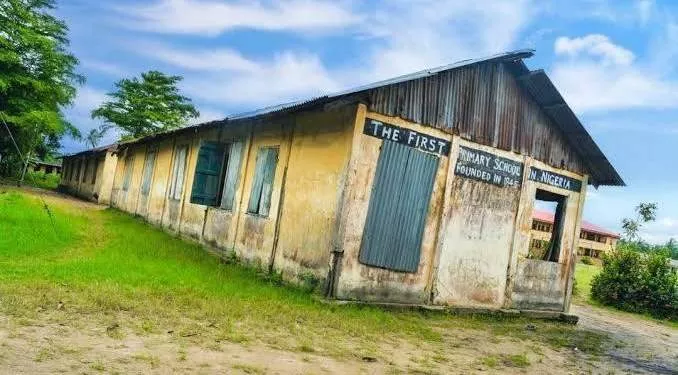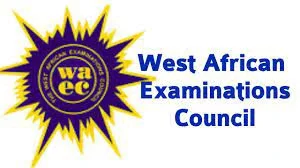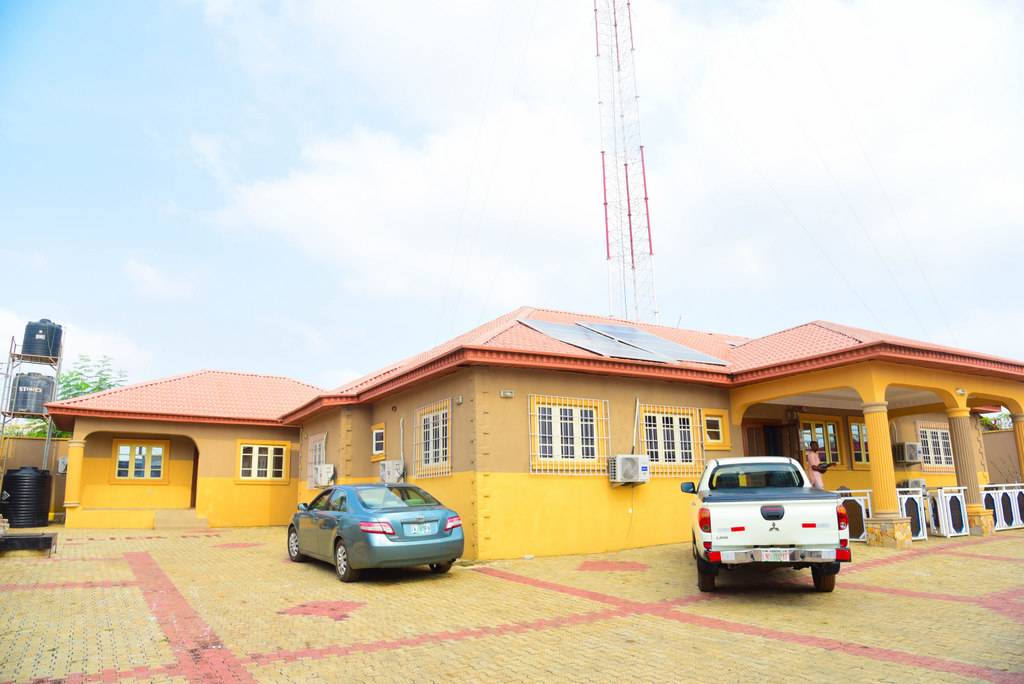The History of Education in Nigeria
Written by ibk.ojo on February 8, 2023

Education has been a critical cornerstone of many countries’ progress and development, including Nigeria. The country’s education system reflects its rich history of educational initiatives and institutions, representing both urban and rural culture.
The story of education in Nigeria begins with traditional teaching methods by village elders, passing knowledge and culture to future generations. Over time, these methods evolved into formalized educational systems in Nigeria and colonial areas.
In this article, we will explore the evolution of education in Nigeria from its colonial beginnings to the present day. We’ll look at how Nigerian educators have navigated the changing educational landscape, drawing insights from those on the ground. Through stories and experiences, we’ll paint a picture of how education in Nigeria has been shaped by historical context and personal commitments. Let’s dive in!
History of Education in Nigeria
The history of education in Nigeria dates back to long before the country gained independence in 1960. During the colonial era, education was primarily provided by missionary schools and government-regulated colleges. However, access to education was restricted to certain social classes and backgrounds.
After gaining independence, education underwent significant transformations. New secondary schools were established nationwide, and free primary education was introduced for all Nigerians, following a standardized national curriculum. These changes laid the groundwork for the modern Nigerian educational system, which consists of primary, secondary, and tertiary levels.
Over the years, the education sector has undergone various developments, resulting in one of Africa’s highest literacy rates, with 62 percent of adults aged 15 and above being literate. Furthermore, an increasing number of universities now offer technical degrees in diverse fields, and public investment has risen, providing ample opportunities for young Nigerians to pursue higher education and achieve their professional aspirations.
Pre-Colonial Education
In the period before colonialism in Nigeria, education primarily revolved around religious teachings. Islamic, traditional, and Christian schools, referred to as madaris and mission schools, played a crucial role in imparting religious knowledge to the populace.
Apart from these religious institutions, indigenous education systems also existed, notably through apprenticeship arrangements. In this system, children of various ages would receive practical training in specific trades from their parents or respected elders in the community. The knowledge and skills passed down were predominantly communicated orally, handed from one generation to the next.
Furthermore, informal education pathways were prevalent, including apprenticeships and learning experiences in informal settings like family gatherings. Young individuals would participate in activities like storytelling and drama-based learning, which enriched their understanding of the community’s customs and practices.
Overall, pre-colonial education in Nigeria focused on nurturing knowledge and skills that directly catered to the needs of the communities. These educational practices laid a strong foundation for the development and progress of future generations.
Post-Colonial Education System
The post-colonial era marked a significant turning point in Nigeria’s education history. After gaining independence in 1960, the country made strides in establishing a formal education system, making primary schooling accessible to a broader population.
The demand for schools increased when Lord Lugard united the northern and southern regions in 1914. As a result of this expansion, the University of Ibadan, Nigeria’s first university, was founded in 1948.
Progressive educational policies led to more Nigerians gaining access to primary and secondary education. During the period between 1948 and 1972, several new universities were established across the country.
In 1843, the first primary school in Nigeria was opened by Methodist missionaries, followed by the establishment of the first secondary school in Lagos in 1854, pioneered by Christian missionaries.
In 1977, the federal government introduced technical training programs in areas like agriculture and health sciences through specialized institutions.
During the 1980s, tertiary institutions began offering courses that provided students with employment opportunities upon graduation or allowed them to pursue further studies at renowned universities abroad, a significant milestone in Nigeria’s education history.
Both public and private sectors played a role in establishing educational institutions. Private schools emerged alongside public ones, creating a diverse educational landscape in Nigeria, covering all academic levels.
Educational Structure in Nigeria
You might not know that education in Nigeria is divided into six years of primary schooling, three years of junior secondary schooling, three years of senior secondary schooling, and finally, four years at the university. Although in 2008, the government changed it to 9-3-4, a lot of Nigerian schools still follow this pattern.
The Future of Education in Nigeria
The future of education in Nigeria is bright and full of potential. Recognizing the crucial role education plays in the nation’s development, Nigeria is wholeheartedly committed to making it a top priority. The government is channeling significant investments into creating a conducive learning environment, with a focus on modern infrastructure, skilled teachers, and innovative technology.
To guarantee that every Nigerian has access to top-notch education, the government has introduced a series of progressive reforms, including:
- Enhancing public education by equipping schools with state-of-the-art facilities, such as computers and resources to benefit both students and educators.
- Expanding the number of universities to accommodate more students, thereby increasing enrollment opportunities.
- Offering free primary education for all children, ensuring a strong foundation for future learning.
- Strengthening teacher training programs and elevating their compensation to attract and retain highly qualified educators.
- Widening access to tertiary education by reducing tuition fees and providing scholarships to deserving students.
- Introducing vocational training programs to equip individuals with practical skills and enhance employability.
- Fostering a culture of research by providing grants and awards to encourage students and academics to explore innovative ideas.
- Promoting Information Communication Technology (ICT) development through investments in hardware, software applications, and digital literacy programs.
With these strategic reforms in motion, Nigeria is poised to harness the potential of a well-educated populace, ensuring equal opportunities for quality learning across the nation.
Conclusion
Nigeria’s path towards formal education has been a complex and evolving journey, characterized by various struggles and transformations. While there has been notable progress in the right direction, much work remains to be done. The country’s education system still requires significant reforms, encompassing improvements in infrastructure and policy, to effectively address the challenges posed by the rapidly changing world.
Education stands as the cornerstone of Nigeria’s development and future. By uniting the collective efforts of the government, parents, teachers, and students, Nigeria has the potential to cultivate a dynamic and thriving educational system. Such endeavors hold the promise of instigating tangible and enduring changes within Nigerian society and economy, propelling the nation towards a brighter and more prosperous future.





